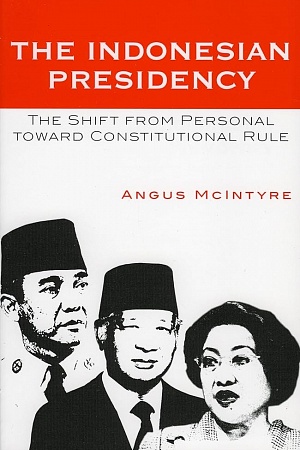Dancing with Strangers
Text Publishing, $45 hb, 334 pp, 1877008583
Dancing with Strangers by Inga Clendinnen
Anyone who heard Inga Clendinnen’s 1999 Boyer Lectures or who has listened to her in any other way will hear her voice clearly in this book: contemplative, reflective, warm, gently paced. Dancing with Strangers seems to have been written as if it were meant to be read aloud. It reaches out to its listeners, drawing them within the world of the settlement at Port Jackson during its first dozen years, from 1778 to 1800. The two leading figures are Governor Arthur Phillip (who departed in 1792) and Bennelong.
Clendinnen’s method is ethnographic history. This offers a way into the past that, in good hands, is full of brilliant possibilities. The trick lies in choosing a period that is richly documented, fastening on the minutiae of behaviour and building up, step by step, the image of a mental universe – another world, vividly patterned and inevitably different from the here and now. Indeed, the reader is invited to move into another here and now.
A great deal depends on the way in which the writer issues that invitation. Ethnographic history, once an exciting aspect of Australian scholarship (especially in Melbourne), has fallen under a shadow lately, and part of the reason lies in the difficulty of persuading readers to take the kind of journey it involves. Questions of identity and ethnicity, leading historical issues since the 1990s, complicate the invitation too much. Readers nowadays don’t leave behind their own here and now, their own identity and ethnicity, as easily as they used to do. History tries to say at least a little about what readers might be themselves, as much as about past Others.
Continue reading for only $10 per month. Subscribe and gain full access to Australian Book Review. Already a subscriber? Sign in. If you need assistance, feel free to contact us.














Leave a comment
If you are an ABR subscriber, you will need to sign in to post a comment.
If you have forgotten your sign in details, or if you receive an error message when trying to submit your comment, please email your comment (and the name of the article to which it relates) to ABR Comments. We will review your comment and, subject to approval, we will post it under your name.
Please note that all comments must be approved by ABR and comply with our Terms & Conditions.